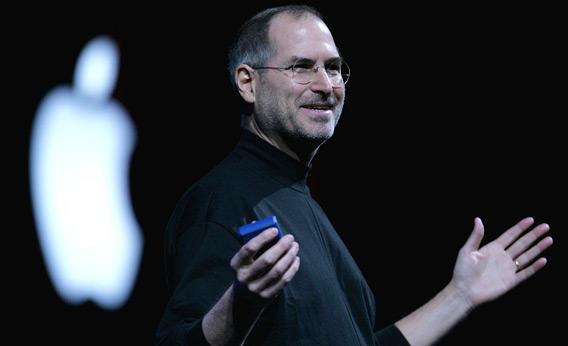
Enumerate 5 disadvantages of today’s technology.
What should be done to avoid these things?
Dependency
The
more advanced society becomes technologically, the more people begin to depend
on computers and other forms of technology for everyday existence. This means
that when a machine breaks or a computer crashes, humans become almost disabled
until the problem is resolved. This kind of dependency on technology puts
people at a distinct disadvantage, because they become less self-reliant.
What should be done?
People
must practice to do task physically or manually. In this way, we can lessen our
dependency with the advancement of technology. We must set limitations with the
use of technology so that we can also learn that it is not good to be reliant
with technology.
2. Less Value In Human Workers
Because machines automate processes
and do the work of 10 people with one computer, companies find they don't need
to employ as many people to get the job done. As machines and computers become even
more advanced and efficient, this will continue to be a growing disadvantage of
technology and an issue that has a global impact.
What should be done?
We
cannot do anything with this one because all firms are looking forward in
optimizing their profit and having these advance equipment and facilities will
be the best way to meet that. All we can do is to regulate these equipment and
facilities with respect to the needs of the firm. We can also apply the
fundamentals of ratio and proportion to ensure the number of machine per
individual.
3. It is
expensive as capital intensive, which increases the risks as large quantities
of products need to be sold to cover the cost of purchasing the equipment.
What should be done?
High-end machines are indeed expensive. To minimize our
expenses, we must consider our purchasing power wisely so that we will not
encounter any problem towards our goals. And we still have another option, and
that is to apply the technique of labor-expensive. Rest assured that this can
help you stabilize everything.
4. Intellectual
property ownership is difficult to protect, piracy is inevitable.
What should be done?
Just use encryption to your works. Encryption and other
closely related mechanisms can be used to help achieve a wide variety of
security objectives especially on Intellectual property.
5. Difficult
to regulate, and therefore potential for corruption is high.
What should be done?
We
can use the internet. It may be a viable tool in reversing the trend of corruption
by increasing transparency, which discourages corrupt practices. This
transparency will give us the whole picture of current transactions and
business of our rulers.


